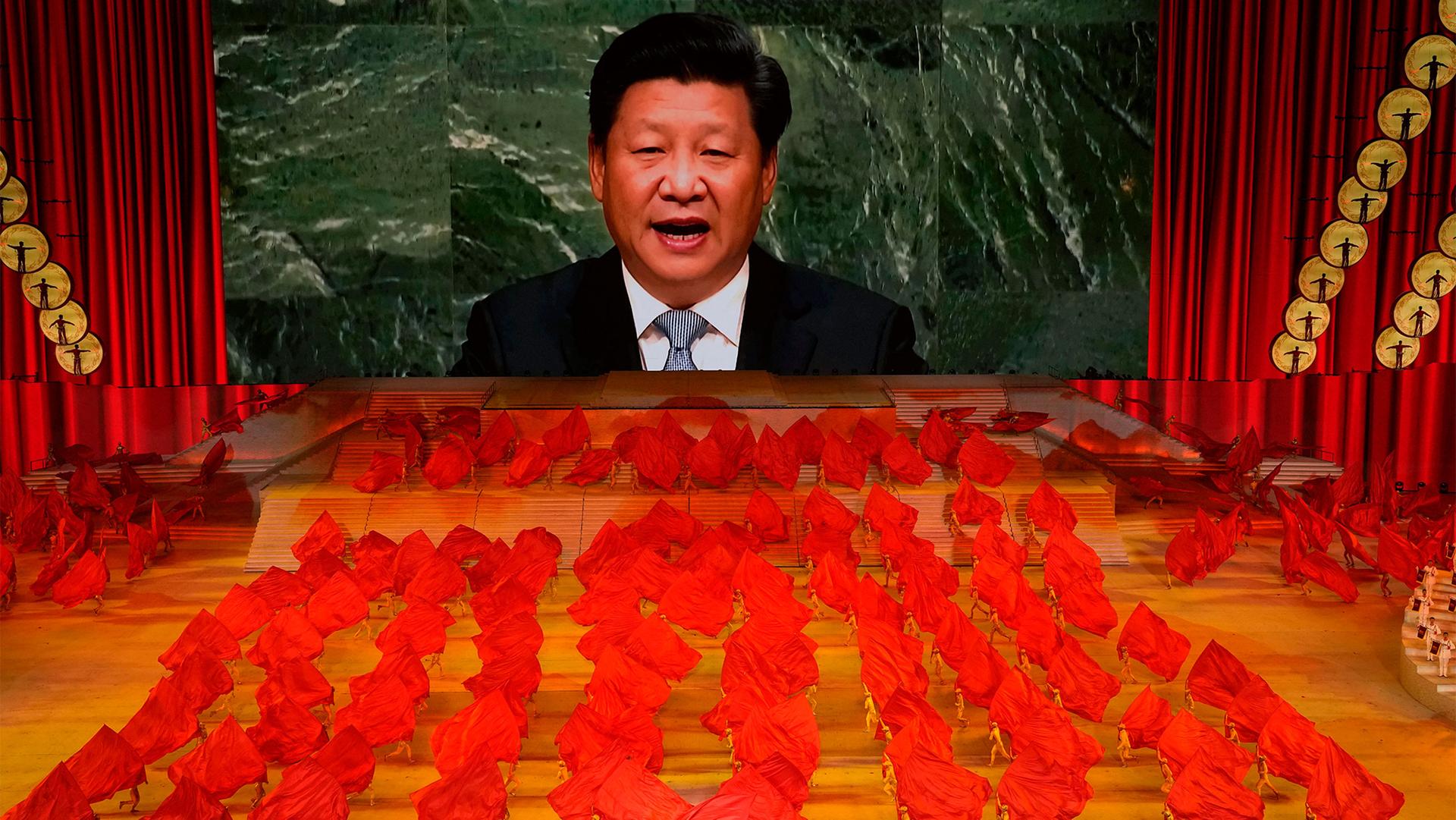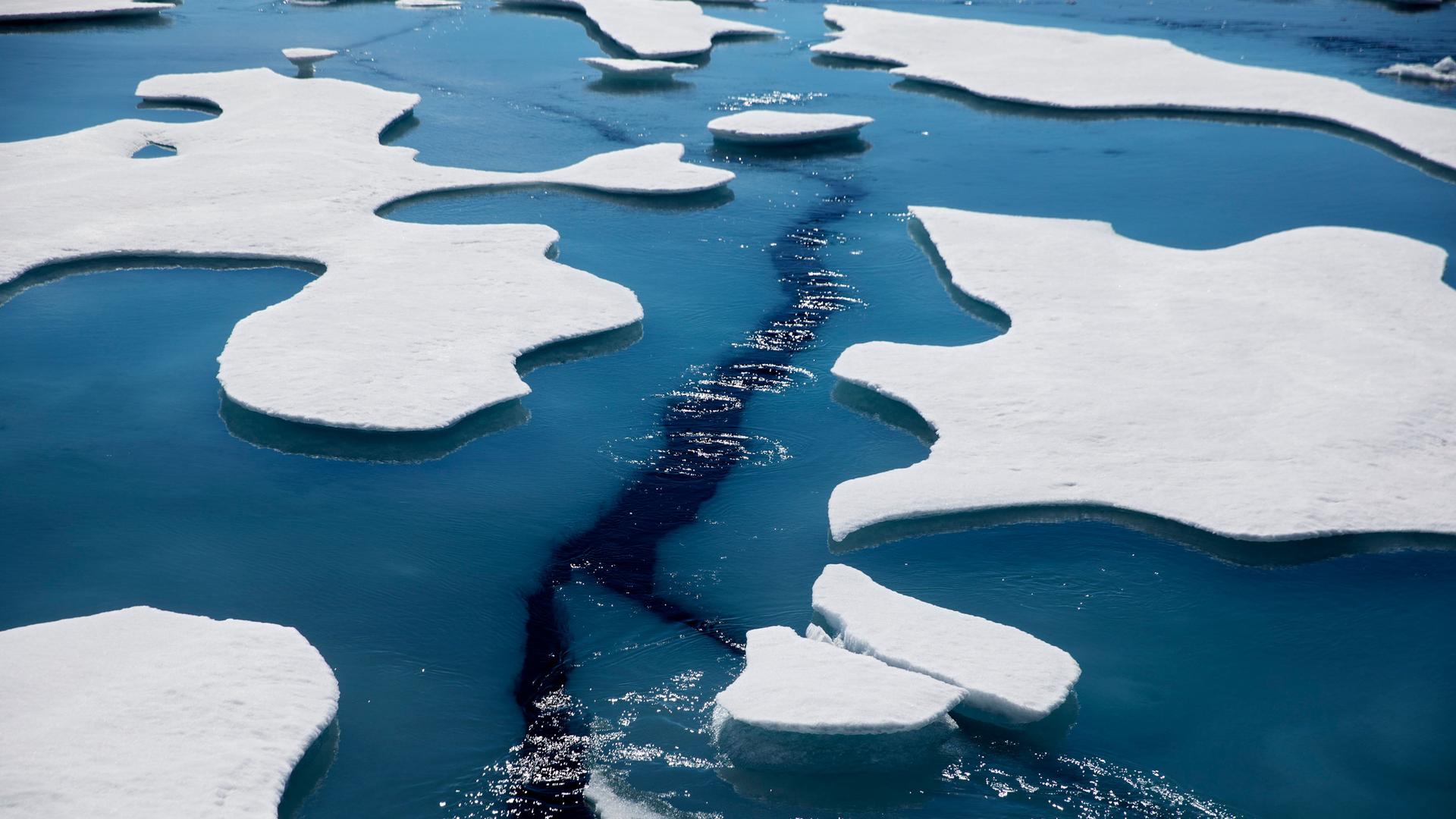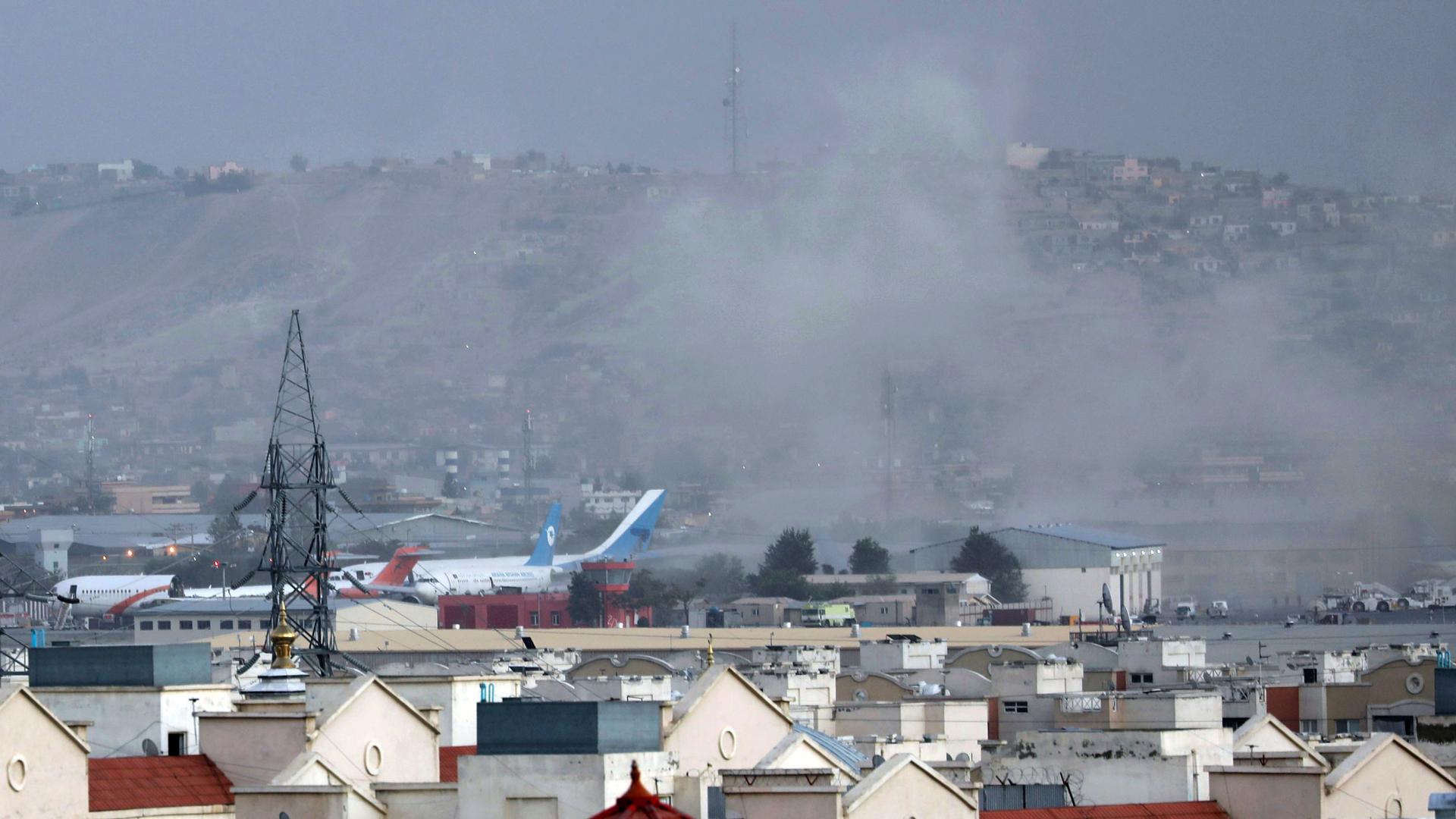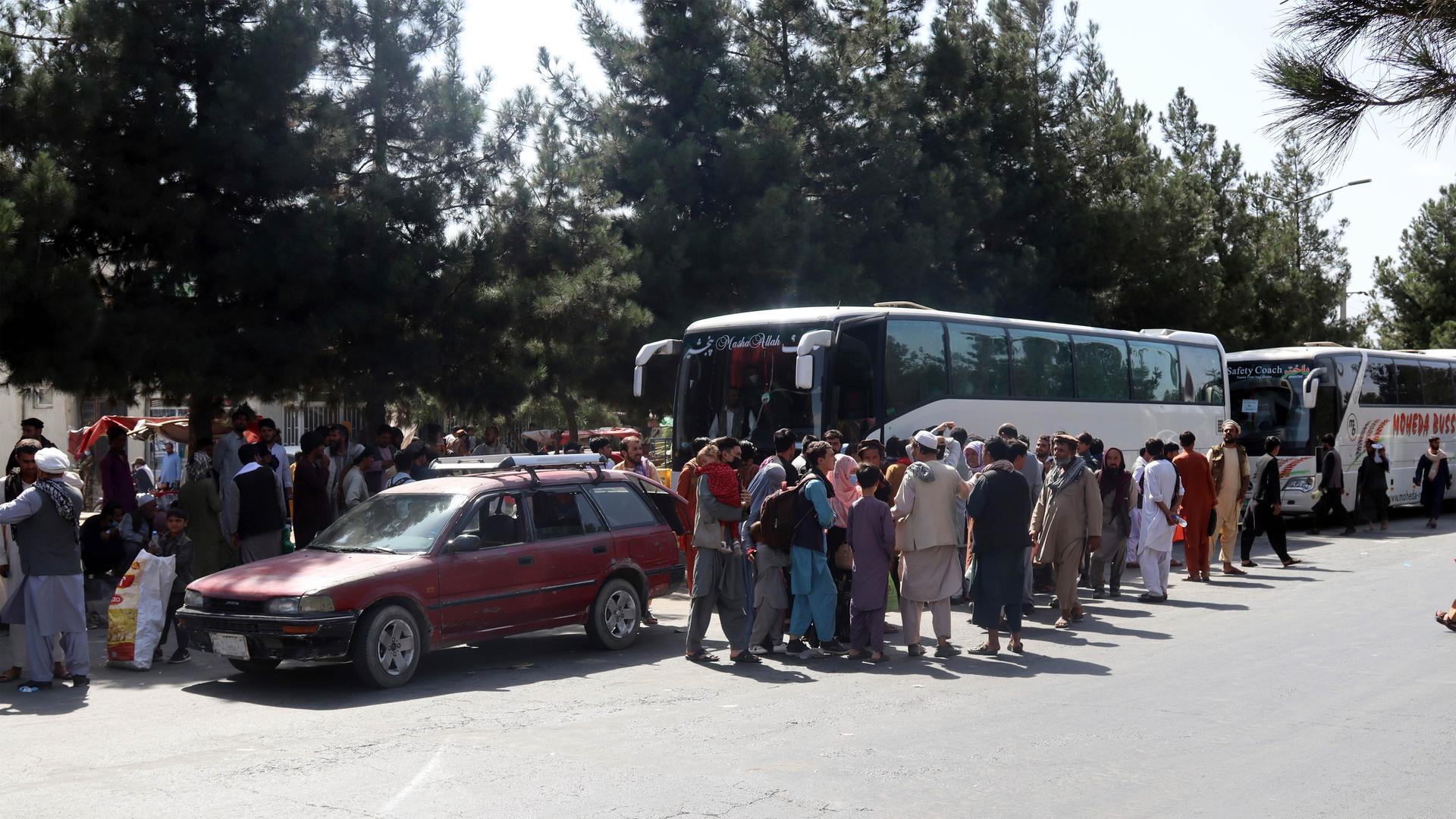Top of The World — our morning news roundup written by editors at The World. Subscribe here.
Afghanistan evacuations
Evacuation flights at Kabul’s Hamid Karzai International Airport have resumed after two suicide bombing attacks that killed more than 100 people and wounded dozens. Thirteen US troops and at least 95 Afghans died in two separate blasts that targeted crowded entrance gates to the airport. Afghan officials warned that the death toll could rise. On Friday morning, the US said that 8,500 people have been evacuated in US military planes and 4,000 others in coalition flights in the past 24 hours, keeping pace with numbers seen the previous day before the attacks.
President Biden on Afghanistan
On Thursday afternoon, US President Joe Biden addressed the nation to speak about the deadly attacks on Kabul, which were claimed by ISIS-K, an ISIS offshoot and sworn enemy of the Taliban. “We will rescue the Americans. We will get our Afghan allies out, and our mission will go on,” Biden said. The US president emphasized that the US is sticking to the Aug.31 deadline and that more attacks are possible while vowing to hunt down those responsible for the bloodshed.
Cuba cryptocurrency
The Cuban government announced that it will recognize and regulate the use of cryptocurrency and related services for payments in the communist island. The decision, published Thursday in the Official Gazette, says that Cuba’s central bank can authorize the use of cryptocurrencies “for reasons of socio-economic interest,” setting the rules for such transactions. The move comes as the popularity of cryptocurrencies grows among Cubans who are technologically savvy. The rollout of mobile internet has facilitated cryptocurrency transactions and helped many Cubans overcome financial obstacles. Traditional international payment systems and credit and debit cards are unavailable on the island.
From The World
China’s Xi Jinping Thought curricula teaches students how to ‘unmask enemies’ of the state, author says

China plans to make “Xi Jinping Thought” part of its school curriculum, named after the country’s president. It includes a mix of socialism, Marxism and Chinese nationalism. “Xi Jinping is a micromanager who touches just about every subject,” author François Godement told The World’s host Marco Werman. “There are already six volumes of his so-called works and speeches since he’s come to power.”
Sea ice plays a crucial role in cooling the planet. It’s melting at record-breaking rates.

According to research at the Norwegian Polar Institute, last decade’s average Arctic sea-ice levels hit their lowest in 1,000 years. And last month, sea ice reached its lowest point ever recorded in July. Sebastian Gerland, a sea ice and climate scientist at the NPI, made headlines last month when he co-authored the UN climate report, described as a “code red” for humanity.
Bright Spot
From the heart.
An Australian farmer who was unable to attend his aunt’s funeral because of COVID-19 restrictions found a special way to honor her. He arranged dozens of his sheep into the shape of a heart. Mourners at her funeral in Brisbane were able to view an aerial image shot by a drone of the pregnant ewes eating barley in a paddock.
In case you missed it
Kabul airport explosion upends evacuation efforts

Explosions outside the Kabul airport on Thursday have upended the evacuation effort there and taken the lives of US soldiers and Afghans. At the time of the blasts, the airport was crowded with people trying to leave Afghanistan. Also, as the US and Mexico continue to debate the controversial “Remain in Mexico” policy, hundreds of migrants arrive every day at a rural border outpost in Guatemala. These forced removals could create a new border humanitarian crisis. Plus, China’s Ministry of Education has issued new guidelines to integrate “Xi Jinping Thought” into the curricula, in the president’s latest effort to consolidate the ruling Chinese Communist Party into almost every area of society.
Don’t forget to subscribe to The World’s Latest Edition podcast using your favorite podcast player: RadioPublic, Apple Podcasts, Stitcher, Soundcloud, RSS.
